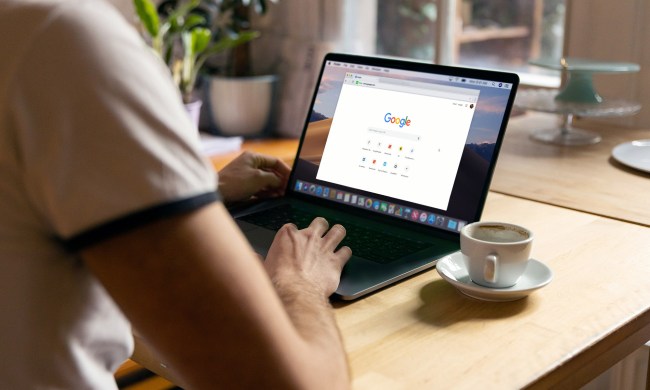The U.S. Court of Appeals for the Federal Circuit ruled that Google’s use of application program interfaces (APIs) owned by Oracle is a violation of U.S. copyright laws, Reuters reports. The case was remanded to a lower court to determine damages. The ruling comes two years after a lower court ruled in Google’s favor, stating its use of APIs fell under fair use.
The ruling is the latest in a contentious legal battle that has spanned a better part of a decade. Oracle contends that Google infringed upon its copyrights when the tech giant used 37 unlicensed Java APIs to create Android OS. Google countered its use fell under “fair use” under copyright law.
When Oracle initially filed the suit in 2010, it sought out $2.6 billion in damages for the API use. When the case went in front of a jury in 2016, it recalculated damages based on the growth of the Android platform and upped its number to $9.3 billion, with $8.3 billion representing Google’s profits from Android.
While the court ruled that APIs are not eligible for copyright protection in the Google v. Oracle trial, a separate 2014 case tried in front of the Federal circuit court issued a decision stating APIs are indeed subject to copyright laws; the higher court’s ruling paved the way for Oracle’s most recent appeal.
In response to the ruling, Dorien Daley, Oracle’s Executive Vice President, General Counsel and Secretary, told Digital Trends “the Federal Circuit’s opinion upholds fundamental principles of copyright law and makes clear that Google violated the law. This decision protects creators and consumers from the unlawful abuse of their rights.”
We reached out to Google for its response to the verdict. A spokesperson for the company said, “We are disappointed the court reversed the jury finding that Java is open and free for everyone. This type of ruling will make apps and online services more expensive for users. We are considering our options.”
It’s unclear exactly what options Google has at this point. The Supreme Court declined to hear the case once already, but it is likely the tech giant will continue the appeals process for as long as possible.
Should the ruling by the U.S. Court of Appeals for the Federal Circuit stand, the implications could be significant for developers. Programmers frequently use APIs to develop both new software and integrate different applications. Additionally, consumers could expect to see higher software prices and fewer options on the market.
Updated March 27, 2018: Added statement from Oracle.



